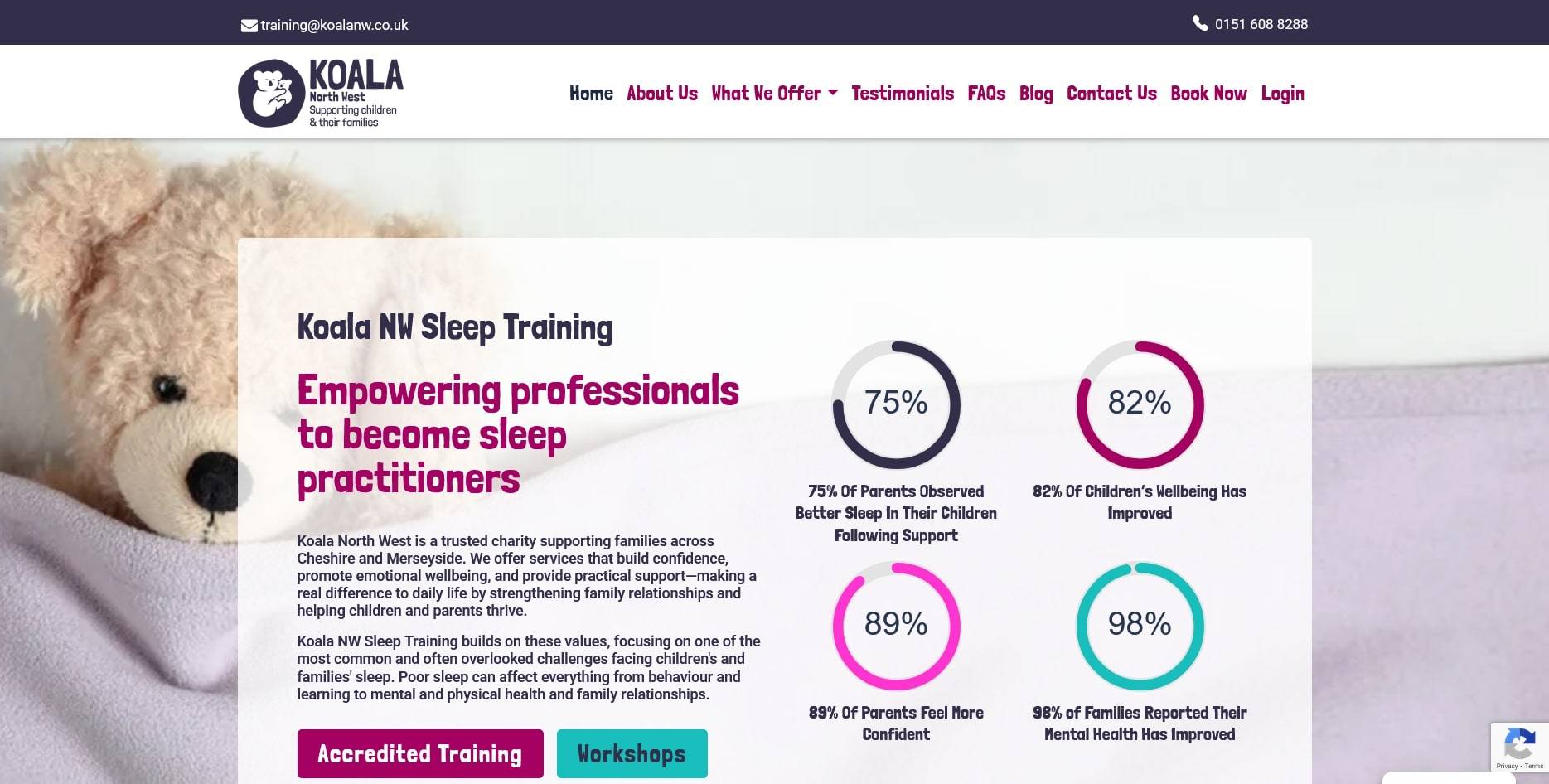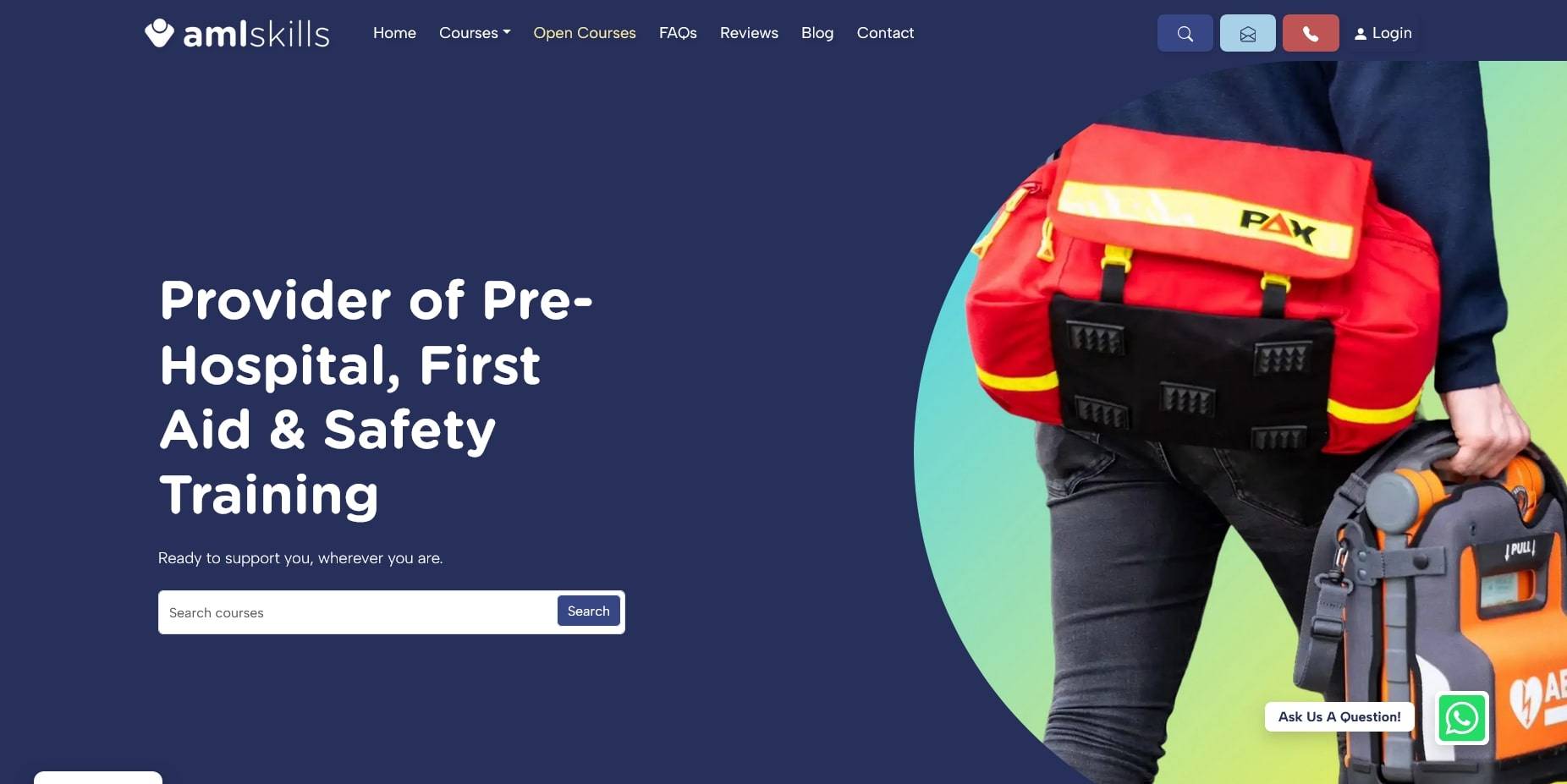Based on the work of Myers-Briggs (Isabel Briggs Myers and Katherine Briggs) and on the personality classifications formulated by Carl Jung, personality style profiles (PSP) help us understand how our personality type affects the way we approach situations and how we may respond or behave and interact with others.
There are no ‘good’ or ‘bad’ profiles, it is completely non-judgmental, but understanding how personalities are simply ‘different’ to our own, rather than inconsiderate or wrong, can help us to work together.
What are the practical benefits?
Why display our personality types on our emails?
The Enterprising Visionary
An ENTP primarily focuses their mind outwardly, absorbing things through intuition. Their secondary trait of intuitive thinking allows them to deal with ideas and concepts in a logical and rational way.
The ENTP has a greater understanding of the world about them than any other personality type. They constantly assimilate knowledge from different situations and process it intuitively, quickly and accurately.
A fast and instinctive learner
The ENTP intuitively grasps facts about people and events, picking up new skills quickly and with an in-depth level of understanding. Flexible and adaptable to a wide range of tasks, they can excel at almost anything which interests them.
ENTPs are always keen to face a challenge, and greet difficulties and problems with relish. Brimming with ideas, ENTPs can be very resourceful when faced with a problem, their perceptive minds allowing them to see solutions everywhere. With the ability to improvise and come up with creative solutions, they become very animated and enthusiastic about their own ideas. This excitement is conveyed to the rest of the group, with the result that ENTPs are generally able to get the support they need to bring their ideas to fruition.
Decision making – a secondary trait
ENTPs are less concerned about making decisions or developing courses of action than they are about generating opportunities and ideas. This can be a problem in ENTPs with under-nurtured ‘Thinking’ skills, who can be guilty of never finishing anything they start. They will often enthusiastically leap from one idea to the next without following anything through. These ENTPs need to curb their enthusiasm and think their plans through to the end in order to benefit from them.
While ENTPs are focussed on gathering information, their secondary trait of thinking means the decisions they do make can be powerful ones, reached in a logical and analytical way. This is especially true if the ENTP applies their intuitive skills to the thinking process
The tea-room sparring partner
ENTPs love a good debate and converse easily with other members of the team. Mentally quick, they enjoy a verbal spar and may sometimes alter their opinion just for the fun of it. However, if they are placed on the spot about their principles, they can become awkward and tense.
Sensing and Feeling are the least developed traits in ENTPs. Those with poor Sensing skills may overlook important details at work, while those with underdeveloped Feeling skills may sometimes be aggressive and harsh to others, or place a low value on other people’s input. An ENTP who is stressed at work can become obsessive over small, unimportant details, or struggle to come up with ideas.
The mind of a lawyer
The ENTP personality is sometimes referred to as the Lawyer Type, as they show many of the traits seen in the legal profession. They are able to assess situations quickly and with accuracy, and make decisions in a logical and objective manner.
Being logical lends strength and purpose but ENTPs have a potential problem in that they do not consider the subjective, personal side when making decisions at work. ENTPs can sometimes show a lofty depth of reasoning in work situations, making them appear unprincipled or even dishonest. To avoid becoming isolated, they need to consider the human aspect when putting forward their ideas.
Creative, curious and intelligent
ENTPs live in a world of exciting possibilities. Highly visionary and able to generate innovative and enterprising ideas, their intuitive skills can become highly developed. Their resourcefulness in solving problems is an asset to any workplace.








